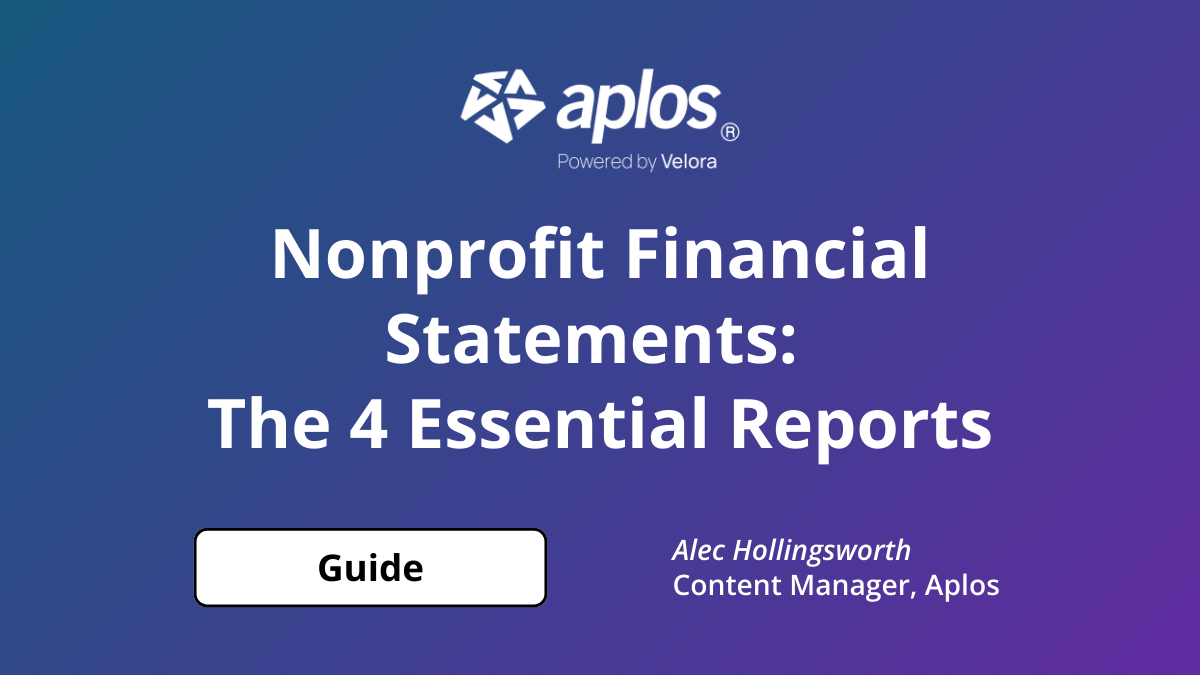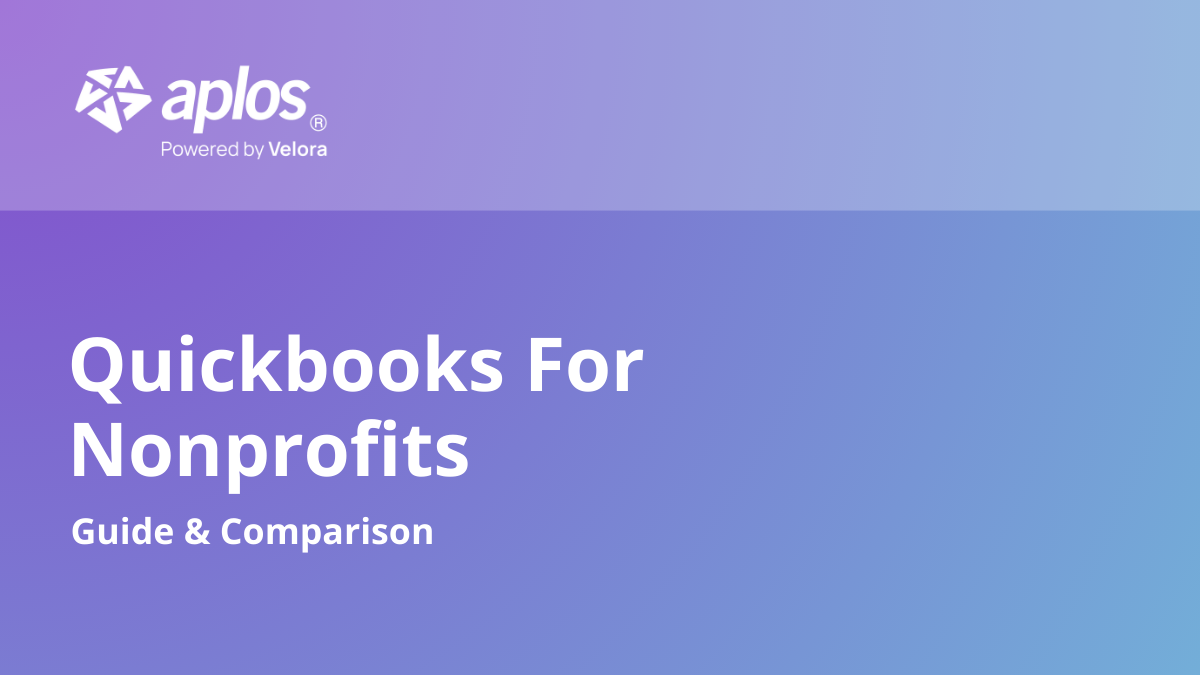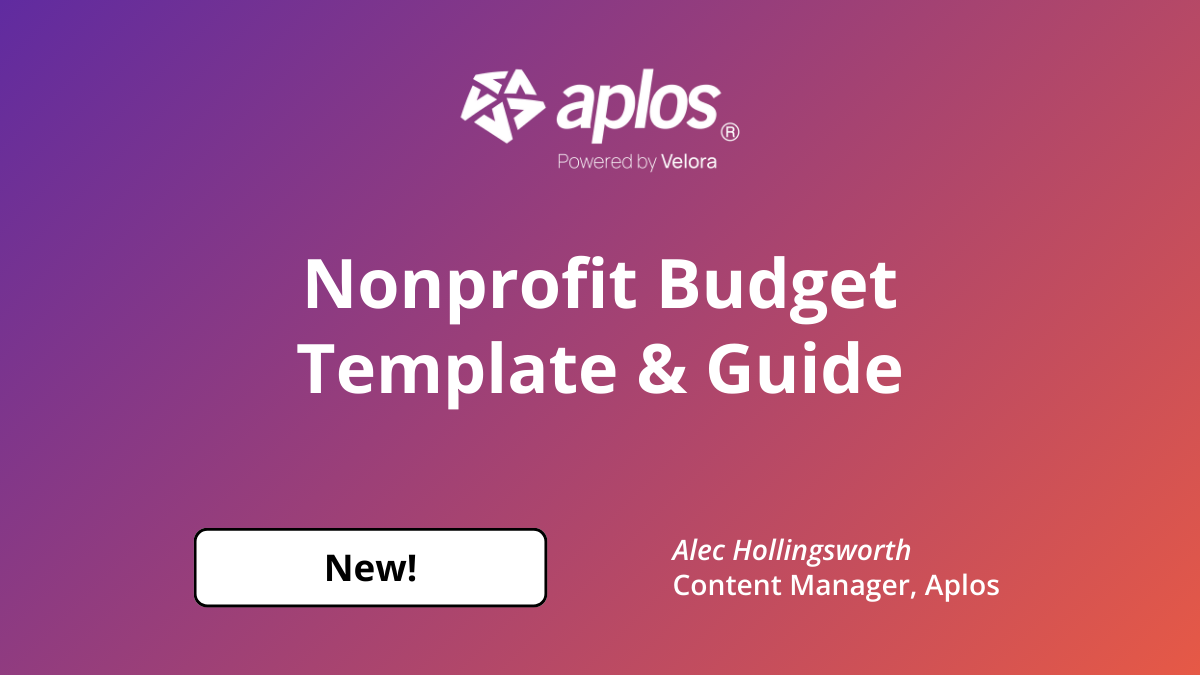
4 SEO Myths That Will Cripple Your Nonprofit Marketing

SEO can be immensely rewarding for your nonprofit if you sidestep the lies, myths, and misnomers circulating online. When done correctly, your nonprofit’s SEO efforts can help your website appear in the top search results when people search online for your organization, your cause, or related topics. Here are some of the most common myths that stifle nonprofit SEO campaigns and my advice for doing SEO the right way for your organization.
Myth #1: SEO starts with keywords
At the behest of traditional SEO professionals, many nonprofits kick their SEO campaign off with keyword research and end up aimlessly shooting at anything resembling a target. Instead, start with developing your content angle, and then treat keyword research as one part of the idea validation process. Ask yourself:
- What would someone interested in supporting our cause search for in Google?
- What unique content can we create that helps our audience while highlighting our mission as an organization?
- How does the content we create for SEO directly support our other marketing efforts?

Once you identify your unique angle and niche, you can target keywords that help you rank for queries related to that niche. Instead of aimlessly targeting every keyword remotely related to your nonprofit, you’ll have a list of highly relevant keywords that directly support your nonprofit marketing efforts.
Myth #2: Keywords work better alone
In years past, SEO was a modified game of fill-in-the-blank, with the top-ranking content being stuffed with the target keywords and slight variations. But since Google’s RankBrain launch in 2015, SEO has become more about covering topics in a way that is detailed and relevant to the user, rather than using a specific sequence of letters. Now, the content that ranks well in search results does so because of its value to the reader.

To increase the value of your content for your audience, create topic clusters. Topic clusters are groups of content that cover different aspects and subtopics of a broader topic. Creating topic clusters on your website helps you demonstrate relevance for a specific topic to Google, which in turn increases your chances of ranking for content related to that topic.
Here’s a quick way to find topic clusters. When you type a word or phrase in Google, it usually shows you search ideas based on your query language, your location, trending interest, your past searches, and word patterns found throughout the internet. You can use these suggested phrases as jumping-off points for exploring your chosen topic in more detail. Here are some tools you can use to research keywords:
- SearchVolume.io: This keyword research tool has a generous free version available.
- Mangools: I’ve used this tool for my freelance side hustle in the past. It’s the best option if you want an affordable, all-in-one SEO suite.
- Ahrefs: Built for agencies and established freelancers, Ahrefs is an advanced SEO tool with great features like Site Explorer, scheduled site audits, and Content Gap Analysis (I love this feature).
Myth #3: SEO content equals blog posts
If you’re like most people, the term “SEO content” is synonymous with blog posts in your mind. But this isn’t the case. Veteran SEO professionals understand that any online content can usually be optimized to rank in search results, both on Google and on a specific platform.

Here are some examples:
- Videos: As TechCrunch recently reported, 40% of younger generations use Instagram and TikTok instead of Google. Trends like this have made Google include video snippets in search results, especially YouTube videos. If you’re producing video content, include targeted keywords in your title, description, and hashtags. Include a correctly sized thumbnail image and choose the most relevant category. If you’re using YouTube, use video chapters, try Shorts, and create transcripts.
- Pictures: You can optimize your images to show up in Google Image Search as we’ve done for search terms such as “Cassidy Jakovickas” and “MBS Accountancy.” While you should include your organization’s name in any branded graphics, you should also include – in moderation – your targeted keywords for a particular post.
- Articles: This one may seem obvious, but many get it wrong. Include your keyword in your article title, the article URL, subheadings, and the first and last paragraphs of your article.
- Podcasts: Recent findings from Edison Research showed that 87% of people have listened to online audio mediums like podcasts within the last month. If you’re starting a nonprofit podcast, remember to optimize your podcast episodes.
Remember, there’s really no such thing as SEO content. Rather, SEO is the method used to increase the organic visibility of all content types.
Myth #4: SEO isn’t like brushing your teeth
In reality, SEO is a lot like brushing your teeth. Just because you did it yesterday or two years ago doesn’t mean you don’t need to do it again. Many nonprofits hire an SEO professional to perform an audit of their website and online presence, have them fix the errors, and then never review their SEO again. This is a mistake since Google updates its algorithms hundreds of times each year to improve search results for its users.

Instead of treating SEO like a one-and-done activity, prioritize your organization’s online presence by:
- Publishing on your blog: Before you build links to your website, invest in your own site and create content that answers questions for your target audience. (And remember to use topic clusters.)
- Guest posting regularly: Writing informative articles on other websites in your niche is a great way to build high-quality backlinks to your organization’s website. Google views links from credible websites as votes for your authority and relevance for a given topic. To find guest post opportunities in your industry or niche, search for “write for us” and “[your industry]” and you’ll see guest writer pages with contribution guidelines and details.
- Auditing your website often: This can help you find broken links, missing pages, spammy blog comments, slow-loading pages, and other faux pas that detract from your website’s user experience.
Aim for visibility, not just transparency
As the marketing manager for an accounting firm that helps nonprofits, I’ve learned how important transparency is when it comes to nonprofit accounting. In your nonprofit SEO efforts, you want to strive for visibility in search engines like Google, and the tips I’ve outlined will help you do it. Organic SEO is a long game, but you can start seeing results in the short term. When done well, the payoff for high-quality, organic content exponentially increases every year you do it, helping you achieve maximum visibility for your nonprofit and your mission.
Ready for better nonprofit marketing and communications software?
This is a guest article provided by Adolfo Marquez at MBS Accountancy.

Our comprehensive closeout services start at $399 per month that needs to be reconciled. Sign up before Jan 1st and pay just $199.50 per month!
Copyright © 2025 Aplos Software, LLC. All rights reserved.
Aplos partners with Stripe Payments Company for money transmission services and account services with funds held at Fifth Third Bank N.A., Member FDIC.
Copyright © 2024 Aplos Software, LLC. All rights reserved.
Aplos partners with Stripe Payments Company for money transmission services and account services with funds held at Fifth Third Bank N.A., Member FDIC.



.png)



